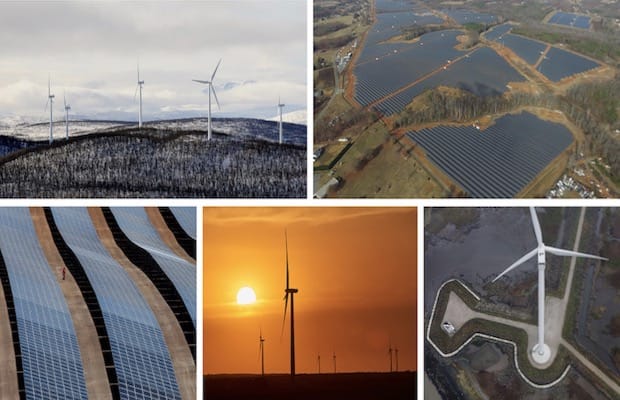

The Chattisgarh State Electricity Regulatory Commission (CSERC) has issued the regulations specifying the terms and conditions of tariff for renewable energy sources for the purpose of sale of power to Discoms in the state.
These Regulations will be called the CSERC – (Terms and conditions for determination of generation tariff and related matters for electricity generated by plants based renewable energy sources) Regulations, 2019. And will come into force from April 1, 2019, and shall remain in force for a period of 3 years from the date of commencement.
The regulations shall apply to the Renewable Energy projects, achieving commercial date of operation (COD) from April 1, 2019, to March 31, 2022, and are located in the state and supplying entire power to Discom (s) of the state on a long term basis.
Following projects achieving COD after April 1, 2019, shall be eligible under these regulations:
The commission has stated that it will also determine the generic preferential tariff in the case of small hydro, solar PV, and co-generation power projects at the beginning of each year of the control period.
Furthermore, as per its new regulations, the commission said it would determine generic tariffs only for solar PV projects ranging between 0.5 MW to 2 MW and 2 MW to 5 MW in capacity. It has set a normative capital cost of projects at Rs 4.5 crore/MW and Rs 4 crore/MW, respectively. The Operation and Maintenance (O&M) expenses have been set at Rs 7 lakh/MW for the first year of the project. Additionally, the commission has set the capacity utilisation factor (CUF) at 19 percent for solar PV projects.
For wind energy projects, the regulations specify a capital cost of Rs 5.25 crore/MW for the financial year 2019-20, which will be revised for projects to be commissioned in each subsequent year. The capital costs for wind projects are to include expenditure on wind turbine generators, their auxiliaries, land cost, site development charges, other civil work, transportation charges, evacuation expenses up to the point of interconnection, financing charges and infrastructure development costs.
For more information click here.
Source: Saurenergy.com
1. The mandate for blending Compressed Biogas (CBG) with natural gas has come into effect…
Andhra Pradesh is striving towards greening its energy sector with quite some speed. In a…
With an objective to bolster India’s green energy goals, a Tripartite Agreement has been signed…
The Union MNRE Minister Pralhad Joshi launched the Green Hydrogen Certification Scheme of India (GHCI)…
India’s energy conglomerate Bharat Petroleum Corporation Limited (BPCL) has commissioned a 5MW green hydrogen plant…
In a historical development, the European Space Agency (ESA) has successfully launched its pioneering ‘Biomass’…